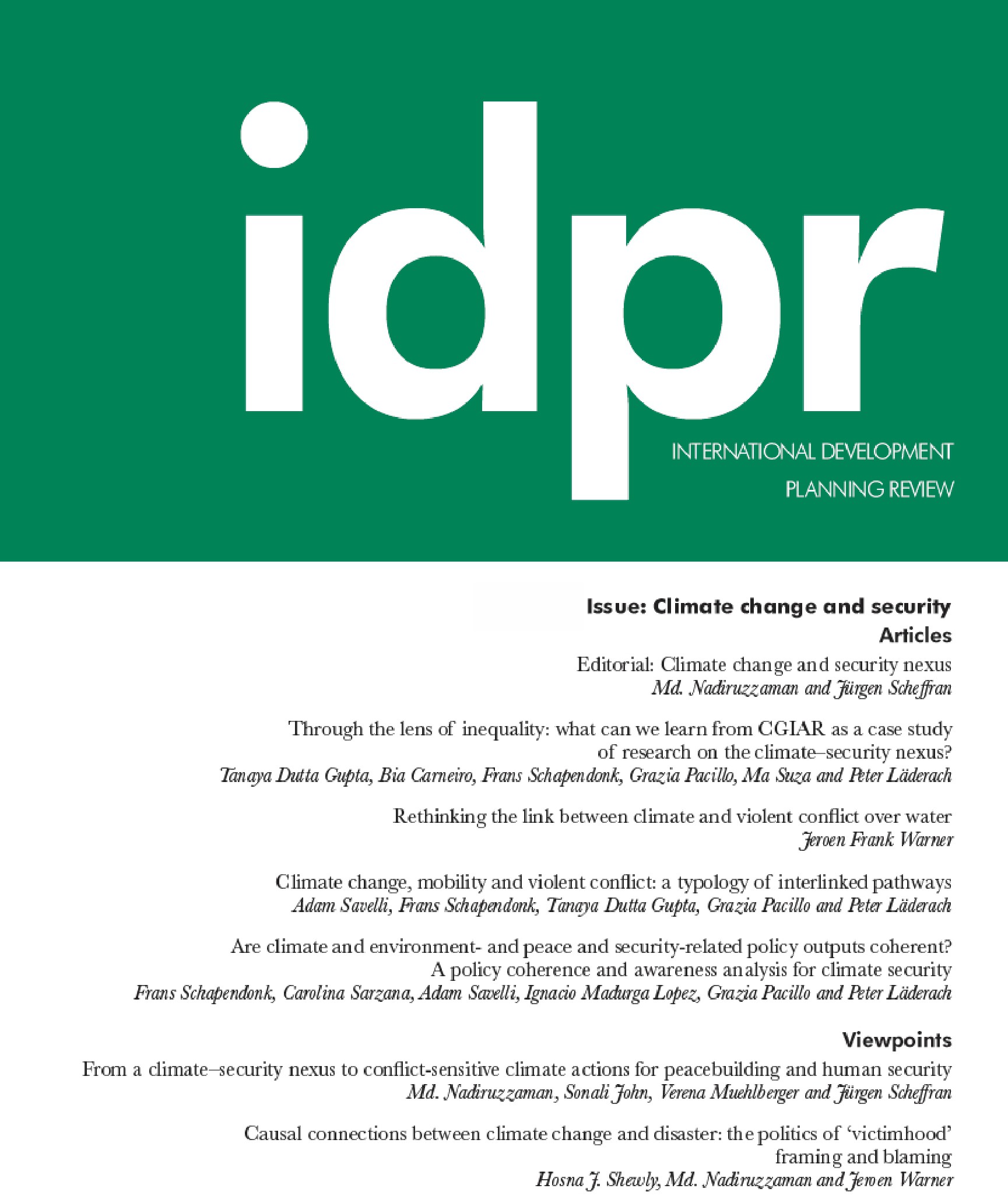FARMER’S PERCEPTION AND ROLE OF SOCIO-ECONOMIC FACTORS IN THE ADOPTION OF ORGANIC FARMING IN HARYANA
Abstract
Despite agriculturally developed state, organic farming is not so popular in Haryana. At present Haryana ranks 29th in acreage under organic farming and 18th in its production among the states and union territories of India. Such a low area under organic farming despite good production leads to the debate regarding adoption of organic farming practice in the state among scholars. Various studies shows that adoption of organic farming practice depends upon number of factors. In this background the present study attempts to analyse the farmer’s perception and role of various socio-economic factors in the adoption of organic farming practice with the help of five-point Likert scale and binary logistic regression analysis. The study is based on the primary source of data which has been collected with the help of a structured questionnaire from 234 farmers (117 each for organic and inorganic). Snowball sampling technique has been used to collect the data. The study reveals that perceived usefulness, attitude and environmental concerns have a positive effect while perceived risk and constraints have a negative effect on farmers’ perception toward adoption of organic farming practices.The mean score of behavioural intention of farmers is higher for the organic farmer (4.145) than inorganic farmers (3.499). The multiple regression model reveals that about 51 percent variation in behavioural intention is explained by independent variablesi.e., Perceived Usefulness (PU), Attitude (AT), Environmental Concern (EC), Perceived Risk (PR), and Constraints (CS). Whereas, among the various socio-economic factors, age of farmer and period of schooling (years) are the important factors which influence the adoption of organic farming in Haryana.
Key Words: Organic Farming, Perception, Behavioural Intention, Binary Logistic Regression Analysis, Haryana






